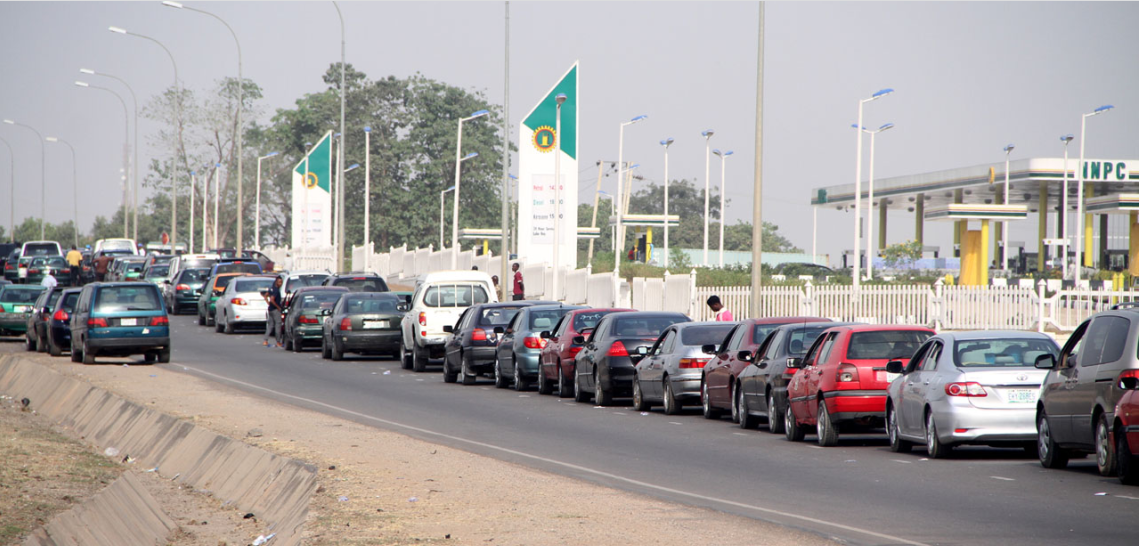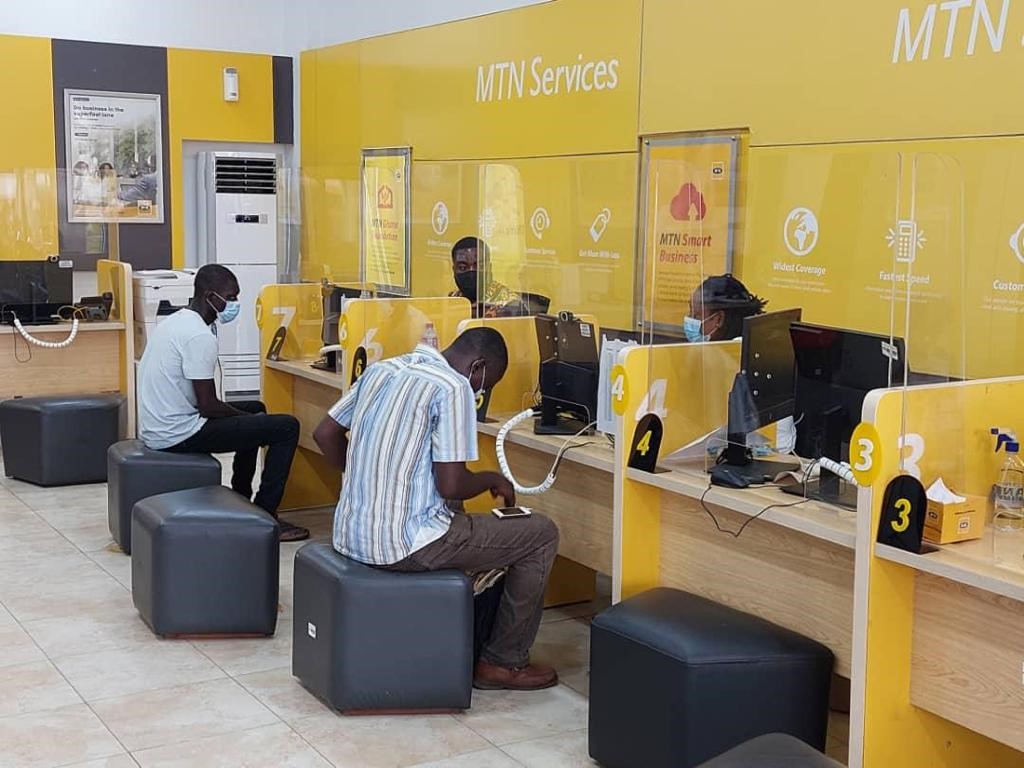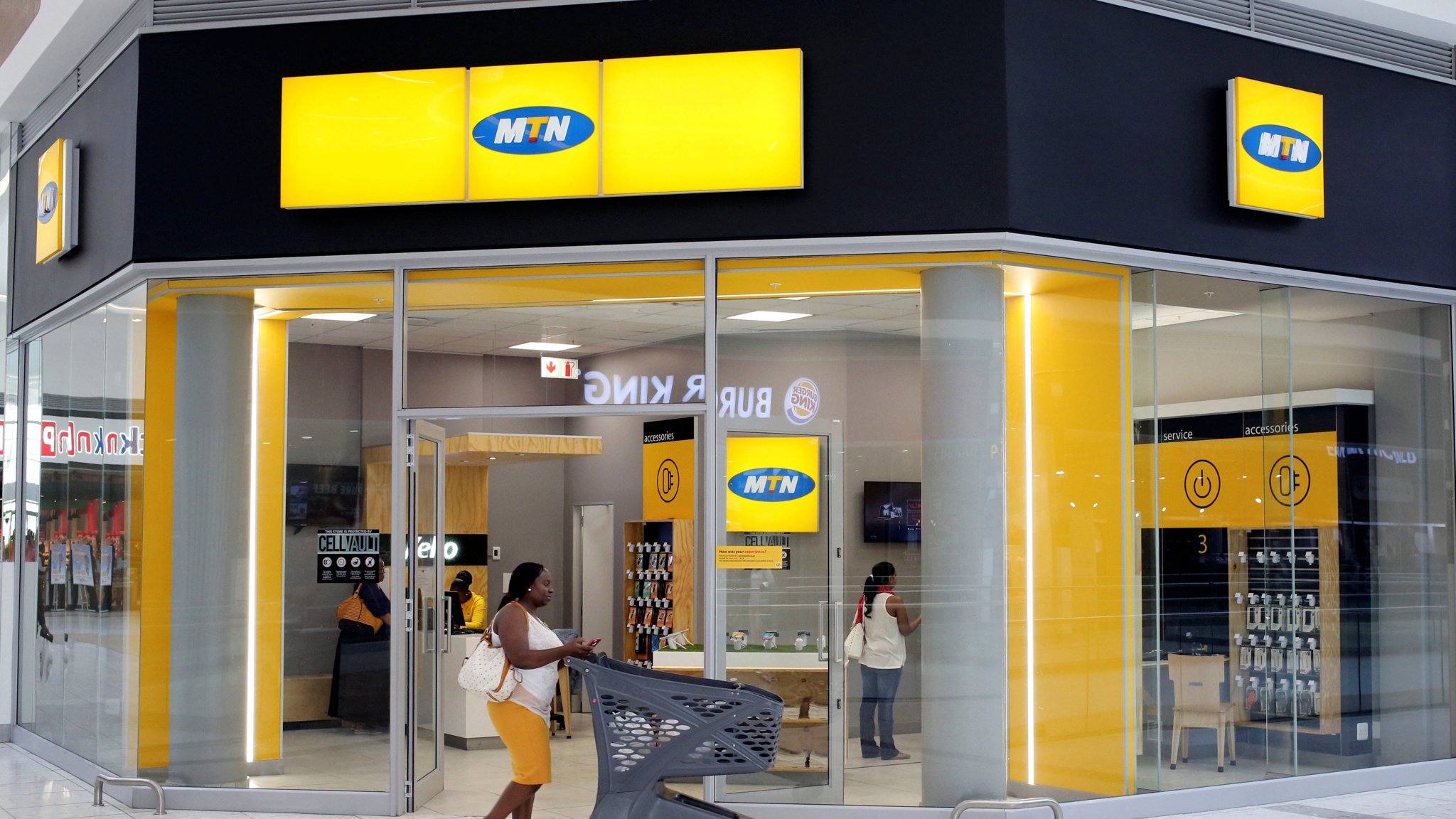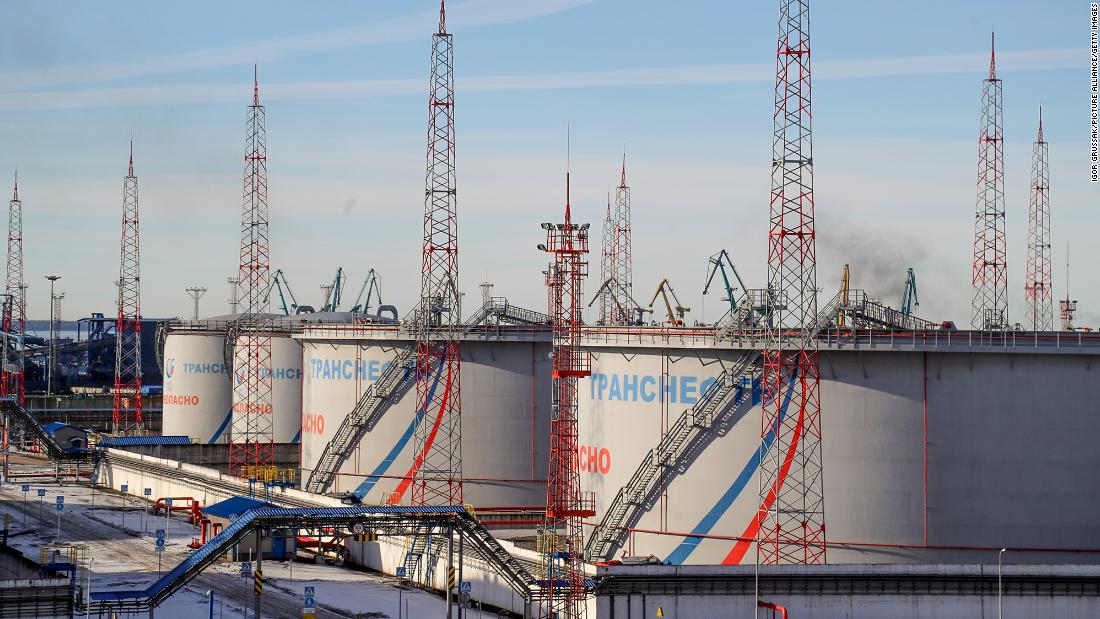Fuel scarcity in Nigeria: NNPC explains why long queues have returned in Abuja
The NNPC has explained why long queues have returned in Abuja amid fuel scarcity fears.The state-owned oil company said the mild scarcity "is very likely due to low loadouts at depots."Nigeria is Africa's biggest crude oil producer, but this doesn't stop the country from experiencing incessant fuel shortages. Residents in Nigeria's capital city of Abuja have recently been witnessing long queues at various filling stations across the city. And now, state-owned oil company the Nigerian National Petroleum Company Ltd, NNPC, is offering some explanations. READ: Here are 10 African countries with the largest crude oil production output in 2021 In a press statement that was issued yesterday via Twitter, the NNPC explained that the development "is very likely due to low loadouts at depots which usually happen during long public holidays, in this case, the Sallah celebrations." The statement went further to attribute the problem to increased fuel purchases from resident which, again, it said was unusual after a public holiday. Residents were therefore advised not to panic-buy the commodity, as the NNPC would be working with other agencies and marketers to address the problem before it gets out of hands. READ: 10 African countries with the highest petrol prices as of March 2022 "We assure all residents of the FCT, and indeed all Nigerians, that we have ample local supplies and national stock in excess of 2.5 billion liters, with sufficiency of more than 43 days... The NNPC Ltd hereby advises motorists not to engage in panic buying as supplies are adequate as will become increasingly evident in the coming days," the statement concluded. Recall that the long queues in Abuja is reminiscent of what happened some months ago when many cities across the West African country grappled with weeks-long fuel scarcity. Business Insider Africa reported that the February scarcity was caused by the importation of adulterated fuel from Belgium. READ: Nigeria is racing to end the week-long fuel scarcity that is threatening to destabilise the economy As you may well know, Nigeria is the largest crude producer in Africa with an average daily crude output of 1.27 million barrels as of December 2021. Despite this, the West African country depends on importation to meet most of its refined petroleum product needs.

- The NNPC has explained why long queues have returned in Abuja amid fuel scarcity fears.
- The state-owned oil company said the mild scarcity "is very likely due to low loadouts at depots."
- Nigeria is Africa's biggest crude oil producer, but this doesn't stop the country from experiencing incessant fuel shortages.
Residents in Nigeria's capital city of Abuja have recently been witnessing long queues at various filling stations across the city. And now, state-owned oil company the Nigerian National Petroleum Company Ltd, NNPC, is offering some explanations.
READ: Here are 10 African countries with the largest crude oil production output in 2021
In a press statement that was issued yesterday via Twitter, the NNPC explained that the development "is very likely due to low loadouts at depots which usually happen during long public holidays, in this case, the Sallah celebrations."
The statement went further to attribute the problem to increased fuel purchases from resident which, again, it said was unusual after a public holiday.
Residents were therefore advised not to panic-buy the commodity, as the NNPC would be working with other agencies and marketers to address the problem before it gets out of hands.
READ: 10 African countries with the highest petrol prices as of March 2022
"We assure all residents of the FCT, and indeed all Nigerians, that we have ample local supplies and national stock in excess of 2.5 billion liters, with sufficiency of more than 43 days... The NNPC Ltd hereby advises motorists not to engage in panic buying as supplies are adequate as will become increasingly evident in the coming days," the statement concluded.
Recall that the long queues in Abuja is reminiscent of what happened some months ago when many cities across the West African country grappled with weeks-long fuel scarcity. Business Insider Africa reported that the February scarcity was caused by the importation of adulterated fuel from Belgium.
READ: Nigeria is racing to end the week-long fuel scarcity that is threatening to destabilise the economy
As you may well know, Nigeria is the largest crude producer in Africa with an average daily crude output of 1.27 million barrels as of December 2021. Despite this, the West African country depends on importation to meet most of its refined petroleum product needs.

















